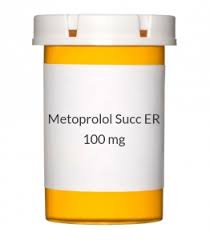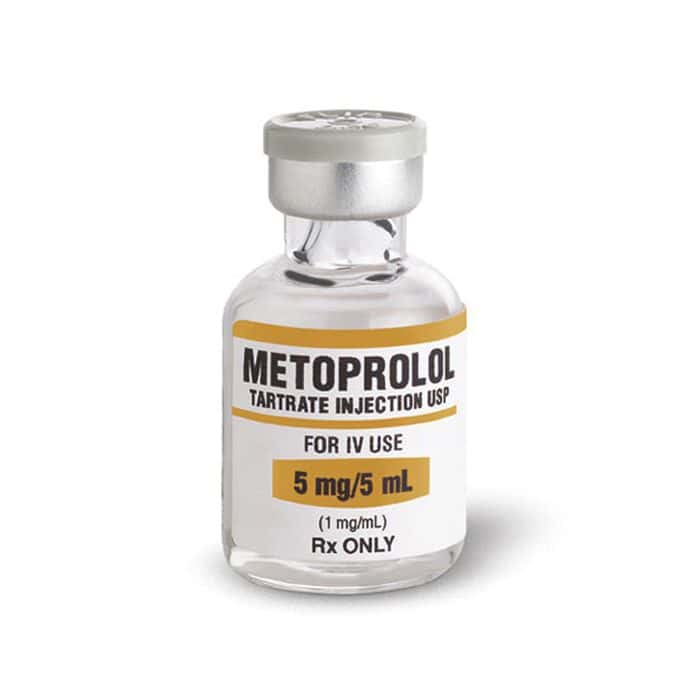


what is metoprolol
metoprolol is typically taken orally, with or without food, as directed by healthcare provider. The dosage and frequency of administration will depend on your specific medical condition and the recommendation of your healthcare provider. It is important to take metoprolol consistently and not to skip or alter doses without consulting your healthcare provider. The tablet should be swallowed whole with a glass of water and should not be crushed, chewed, or broken.
Milligram Strengths of metoprolol
metoprolol is available in various forms and milligram strengths. The most common forms include immediate-release tablets and extended-release tablets. The immediate-release tablets are typically available in strengths of 25 mg, 50 mg, and 100 mg, while the extended-release tablets are available in strengths of 25 mg, 50 mg, 100 mg, and 200 mg. The appropriate form and strength of metoprolol will depend on your medical condition and the recommendation of your healthcare provider.
What to Know Before Taking metoprolol
Before starting metoprolol, it is important to inform your healthcare provider about any existing medical conditions you have, such as asthma, heart failure, diabetes, or liver disease. Additionally, disclose any medications you are currently taking, including prescription drugs, over-the-counter medications, vitamins, and herbal supplements. Certain medications, such as calcium channel blockers, other beta-blockers, or antidepressants, may interact with metoprolol and potentially affect its effectiveness or increase the risk of side effects.
Inform your healthcare provider if you are pregnant, planning to become pregnant, or breastfeeding, as metoprolol may not be suitable for you during these times. Your healthcare provider will assess the potential risks and benefits and determine the best course of action.
Benefits and Side Effects
The primary benefit of metoprolol is its ability to lower blood pressure, reduce chest pain, and manage certain heart rhythm disorders. By blocking adrenaline’s effects on the heart, metoprolol helps to lower heart rate, relax blood vessels, and improve blood flow, reducing the workload on the heart and the risk of complications associated with high blood pressure or heart conditions.
While metoprolol is generally well-tolerated, it may cause certain side effects in some individuals. Common side effects may include fatigue, dizziness, slow heart rate, cold hands and feet, and gastrointestinal symptoms such as nausea or diarrhea. These side effects are usually mild and temporary. However, if you experience severe or persistent side effects, it is important to contact your healthcare provider.
Rare but serious side effects of metoprolol may include allergic reactions, difficulty breathing, swelling of the face or throat, or worsening heart failure symptoms. Seek immediate medical attention if you experience any of these symptoms.
How This Medication Works
It belongs to a class of medications called beta-blockers. It works by blocking beta receptors in the heart and blood vessels, thereby reducing the effects of adrenaline (epinephrine) on the cardiovascular system. By blocking these receptors, metoprolol slows down the heart rate, reduces the force of contraction of the heart muscle, and relaxes blood vessels. This mechanism of action helps to lower blood pressure, improve blood flow, and reduce the workload on the heart.
What to Avoid When Taking This Medication
When taking metoprolol, there are certain substances and activities to avoid to ensure the medication’s optimal effectiveness and minimize the risk of side effects. Here are some recommendations:
Avoid abruptly stopping this medication without consulting your healthcare provider. Suddenly discontinuing this medication may lead to a rebound effect, causing an increase in heart rate and blood pressure.
Be cautious when performing activities that require mental alertness, such as driving or operating machinery. It may cause dizziness, lightheadedness, or fatigue in some individuals.
In conclusion, metoprolol is a commonly prescribed medication used to treat high blood pressure, chest pain, and certain heart rhythm disorders. By following the prescribed dosage, informing your healthcare provider of any medical conditions or medications, and adhering to lifestyle recommendations, you can benefit from the blood pressure-lowering effects of metoprolol and improve your heart health. It is crucial to consult with your healthcare provider for personalized advice and guidance regarding the use of metoprolol and to address any specific concerns or questions you may have.
Where to buy this Medication :
At weightlosspharm.com , we provide only FDA approved medications for weight loss, steroids and other prescription medications, and we are capable of delivering this product to your door posts or desired delivery address without any complications or problems.



Reviews
There are no reviews yet.